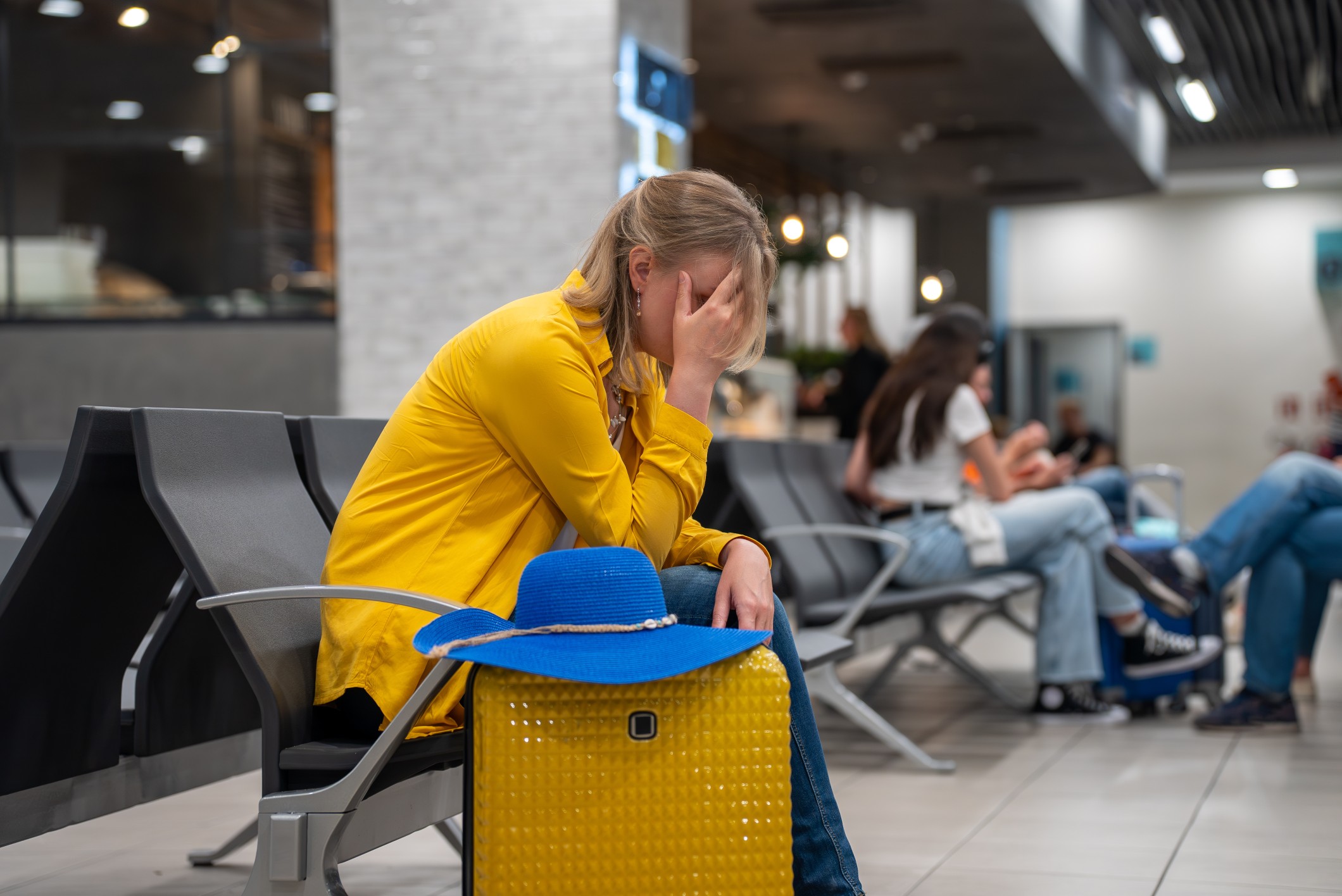
Welcome to the era of nonrefundable travel. A few years ago, booking a trip was easy. If something came up, you could usually cancel with little hassle and get your money back. Not anymore. These days airlines, hotels, and rental car companies have tightened the rules to make sure they keep the cash. Refunds are getting harder to find, and travelers are the ones left holding the bag.
We’ll look at how to spot the traps, the most common ways people get caught, and the smarter choices that can help you hang on to your cash.
The Costly Reality of the “Nonrefundable” Trap

Bad weather cancels your flight, but your hotel still charges the full amount. Situations like this are happening every day. Travel insurance provider Squaremouth reports that claims have increased by 18 percent this year, with payouts up 37 percent. More than 40 percent of those claims were for trips that were canceled or cut short. Thousands of travelers are losing money on vacations they never got to take.
The Illusion of a Bargain

That “special deal” on a hotel room or flight usually comes with strings attached. Nonrefundable rates are often only about ten percent cheaper, but if plans fall apart, you don’t just lose the discount; you lose everything you paid.
Why Nonrefundable Travel Is Taking Over
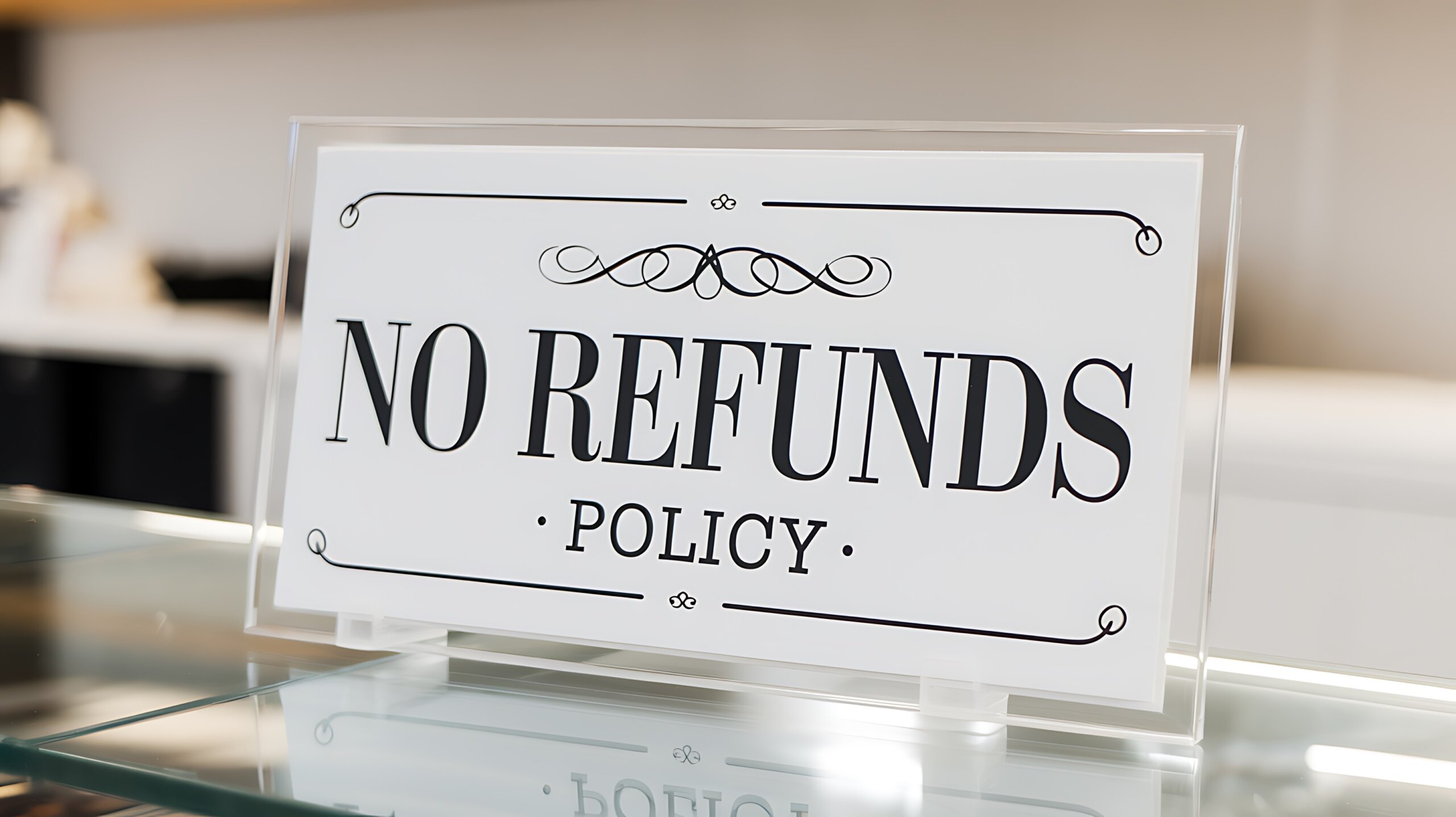
During the pandemic, airlines, hotels, and rental agencies realized that stricter cancellation rules kept their cash flow steady. Now, with new AI pricing tools, they can push nonrefundable deals faster and more often. For businesses, it’s easy money. For travelers, it’s a gamble that can wipe out your plans and your budget.
How to Spot a Nonrefundable Trap

Traps often hide in plain sight. Discounts under 15 percent usually mean you’re trading freedom for very little savings. Watch for words like basic economy, advance purchase, or non-changeable. Bundled trips and prepaid rentals often lock you into “all or nothing” terms.
The Rental Car Prepay Trap
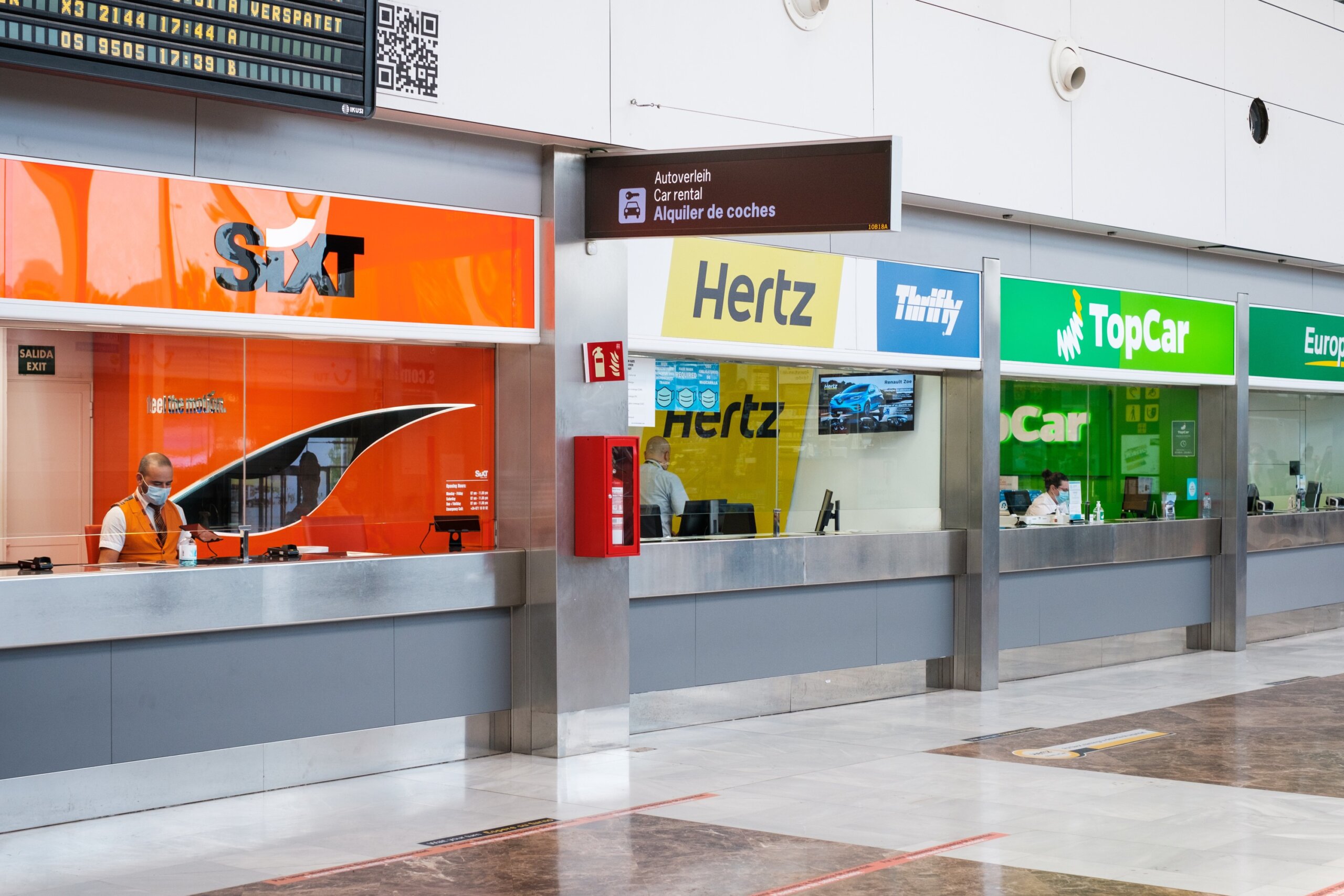
Prepaying for a rental car may shave off 10 percent of the cost at most, but the risks are greater. Cars run out, plans change, and many companies won’t refund you even if they can’t provide a vehicle. Paying at pickup is almost always the safer choice.
The Fine Print in Basic Economy Flights
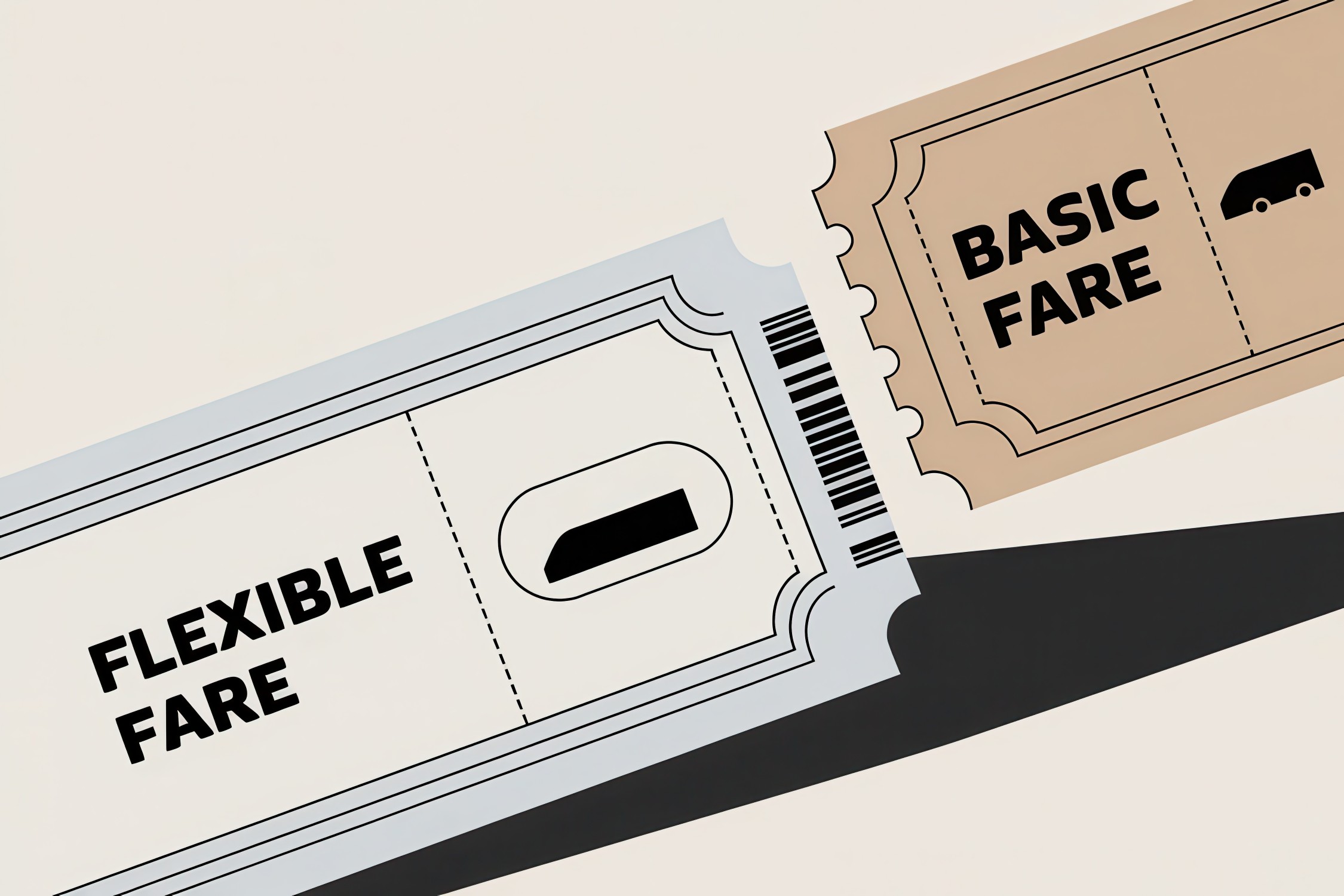
Airlines have narrowed the gap between refundable and nonrefundable fares, but basic economy tickets are still the strictest. They usually mean no refunds, no changes, and fewer perks. Spending a little more for a standard fare can save you a lot of stress.
Turning “No Refunds” Into Something Usable

A “nonrefundable” label doesn’t always mean you’re out of options. Hotels and airlines would rather keep your business than lose you for good, so they’ll often offer a credit or voucher if you ask. A quick call or email, explained politely, can turn a wasted booking into a future trip instead of a total loss.
Insurance Can Be a Safety Net

Basic travel insurance helps cover expenses for cancellations due to sickness, lost luggage, or significant delays. If you want maximum flexibility, “Cancel for Any Reason” policies let you back out and still recover part of your money. They cost more, but they can cushion the blow.
- Travelex: Best overall, affordable plans
- HTH Travel Insurance: Best for long-term and older travelers
- Seven Corners: Best for cruises or larger groups
- Allianz Travel: Best for business travelers
Do the Math Before You Buy

Insurance isn’t always the more affordable choice. A $200 refundable hotel room may be a better option than a $180 nonrefundable one, especially when you factor in a $40 insurance policy. Most CFAR plans only cover 50 to 75 percent of your costs anyway. Sometimes the refundable rate is the better buy.
When Taking the Risk Makes Sense
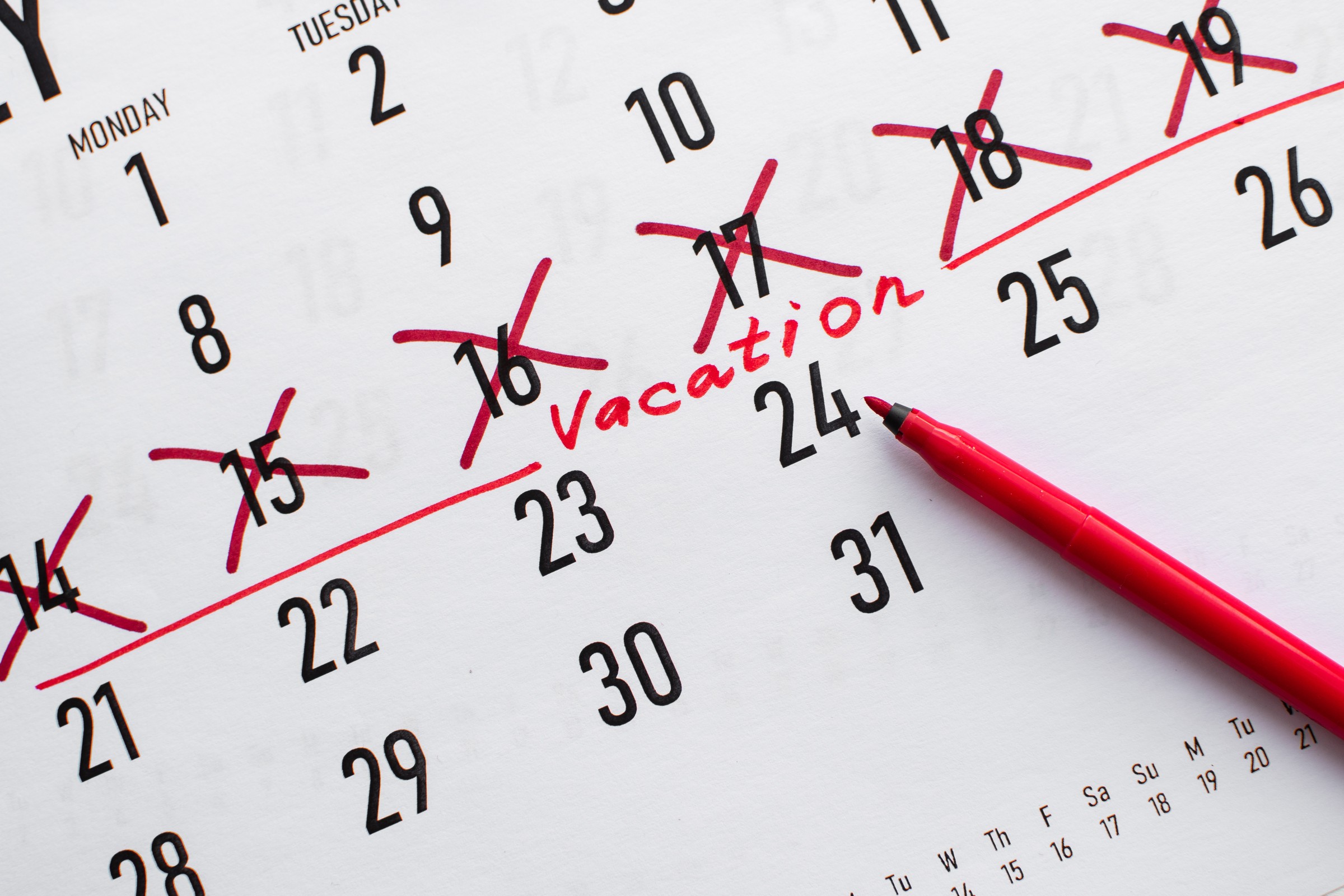
If your trip dates are locked in, the savings are substantial, and you have insurance as a backup, the gamble can work in your favor. But unless your plans are 100 percent firm, the safer bet is flexibility.
Living in a Nonrefundable World

The travel industry wants “no refunds” to be the new normal. One hotel owner even admitted that 10 percent of his nonrefundable guests cancel. He keeps their money and resells the room again for double the earnings. For companies, it’s profit. For travelers, it’s a loss.
Travelers Are Fighting Back

More people are opting for refundable options, even if it means spending a little more. Surveys show flexibility is one of the top priorities for travelers in 2025. The more we insist on it, the harder it will be for companies to ignore.
The Nonrefundable Gamble: Is It Worth It?

So how do you decide? Think of it like a simple checklist:
Book refundable if: your plans are uncertain, the discount is tiny, or you don’t have insurance.
Take the gamble only if: your dates are locked, the savings are big, and you have CFAR coverage.
The Best Travel Upgrade Is Flexibility

If you want to protect your wallet, think a step ahead. Paying a little more for refundable tickets, skipping prepaid car rentals, and adding insurance when your plans aren’t set can save you from big headaches later. It’s definitely not the most exciting part planning a trip, but flexibility is the one choice that almost always pays off.
For more smart travel tips and tricks, check out our full collection of guides to make your next trip smoother, no matter where you fly from.
